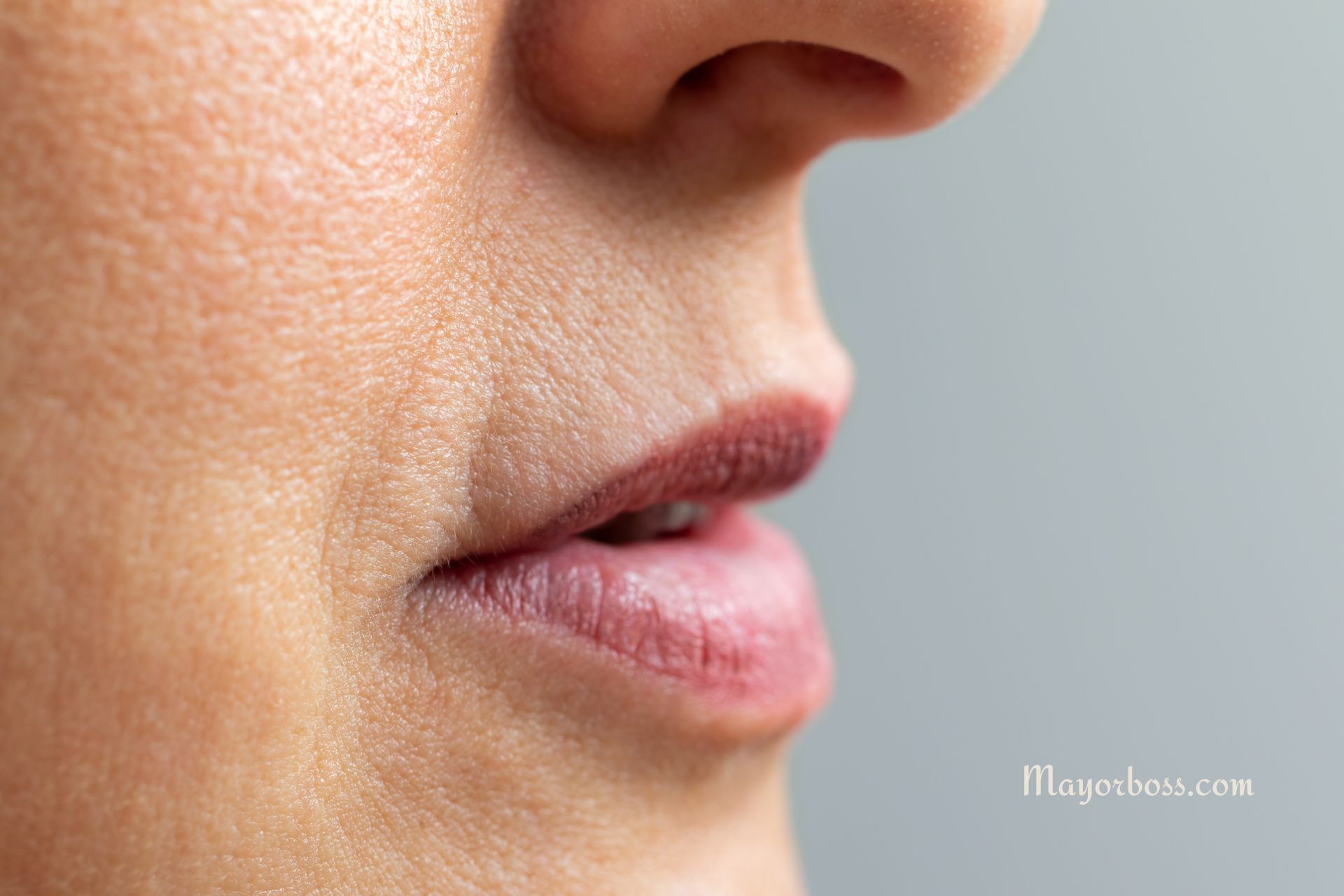The Effects of Smoking on Your Lips
Smoking takes a serious toll on overall health. The well-known risks like lung cancer, heart disease, and stroke get major attention – but the damaging effects of smoking extend far beyond your internal organs. Your lips, often one of the first visible signs of health and vitality, are not immune to the negative impact of smoking. Let’s explore exactly how smoking harms your lips and what can be done about it.

How Smoking Ruins Your Lips
Several ways that smoking leads to less healthy and less youthful-looking lips include:
- Reduced Collagen and Elastin: Nicotine constricts blood vessels, hampering oxygen and nutrient delivery to the skin. This deprivation weakens your skin’s structure. Your body produces less collagen and elastin – the proteins responsible for keeping your skin plump, smooth, and youthful. Loss of collagen and elastin translates to accelerated wrinkling and lines around your mouth, particularly vertical lines above the upper lip.
- Dehydration: Smoking depletes your skin’s moisture, leaving your lips dry, chapped, and prone to cracking. The heat and smoke contribute to drying your lips out as well.
- Melanin and Discoloration: Skin cells called melanocytes give skin its color. They produce melanin in response to skin irritation or stress. The continuous irritation and toxic chemicals from smoking stimulate those melanocytes. Increased melanin production results in uneven darkening of the lips and gums, known as smoker’s melanosis. Lips could appear black, purple, or brown.
- Damage from Burns: It’s common for smokers to burn their lips accidentally from inhaling. While a single burn may heal eventually, the constant repetitive heat damages skin and tissue, accelerating wrinkles and potentially making scarring more likely.
Beyond Looks: Increased Risk of Lip Cancer
While the aesthetic repercussions of smoking on your lips may be unwelcome, the true risk is much deeper. Cigarette smoke contains numerous carcinogens, increasing your risk of cancer developing in the lips, mouth, and surrounding regions. Signs of possible lip cancer can include bleeding sores, lumps, and patches that remain on your lips over an extended period.
Reversing the Damage
Stopping smoking is the most obvious – and important – step in mitigating the impact of smoking on your lips. While recovery isn’t linear, and some scarring may persist, quitting begins the rebuilding process and prevents further damage. Below are additional measures you can consider:
Treatment
- Hydration: Drink water frequently and use moisturizing lip balms regularly. Look for hydrating ingredients like hyaluronic acid as well as sealing or protectant ingredients like petroleum jelly and beeswax.
- Sun Protection: As damaged skin is more susceptible to sun damage, which adds to wrinkles and discoloration, make sure your lip balm offers an SPF, and wear sun-protective clothing to shield your lips.
- Vitamin E: This antioxidant, when taken orally or applied topically, helps protect against further skin damage and may subtly reverse existing effects.
- Exfoliation: Gentle lip scrubs 1-2 times weekly can remove dry skin and improve the appearance of lips, although it won’t reverse deep wrinkles.
- Dermatological Procedures: Laser therapy can resurface scarred skin and stimulate collagen production. Other interventions, like chemical peels and fillers, provide varying degrees of temporary help but require ongoing maintenance.
Frequently Asked Questions
1. Are there differences in how smoking versus vaping affects lips? Though long-term research lags behind traditional cigarettes, some key concerns exist that point toward vaping not being harmless either. Nicotine is still present, restricting blood flow to the skin and causing dehydration. The heat is still there, causing drying and contributing to damage. The precise risk may vary based on your e-liquid, but it’s unrealistic to assume zero impact.
2. Do I have to completely quit to see improvement? Ideally, yes. The more you smoke, the higher the continuous, relentless damage and risk. However, any reduction in cigarette usage offers at least some degree of benefit. The longer you manage to stay smoke-free, the more chance your skin has to rejuvenate.
3. Are smoker’s lips permanent? There’s no single answer. Mild pigmentation and early wrinkles, when caught quickly after quitting, might fade significantly. For deep wrinkling and severe staining, some form of the issue is likely to remain visible, at least to some degree. This underscores the importance of prevention through quitting.
